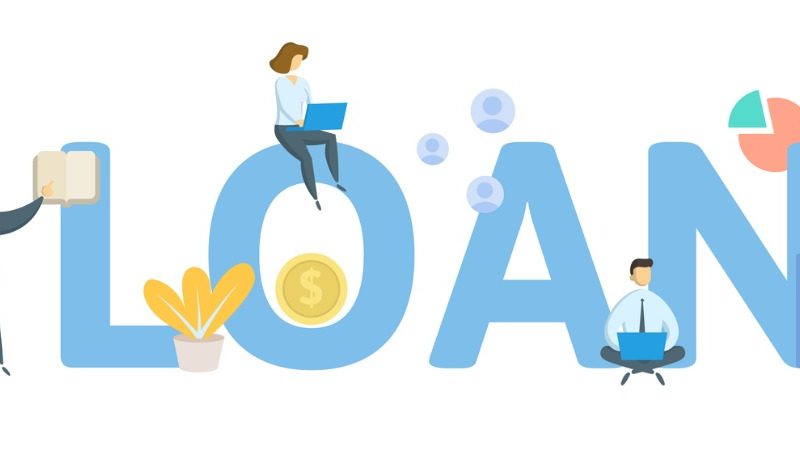Most Kiwis are just three weeks from disaster. Here’s the ins and outs of ACC and insurance
Touch wood you’ll still be able to do the limbo at parties in a decade or two. But every year a small but individually significant number of Kiwis find themselves temporarily or permanently disabled.
“She’ll be right,” many of us think. “ACC will pick up the tab and pay me out 80% of my salary for the rest of my life.” That’s not always the case. If you are prevented from working, i.e. disabled, through illness, you’ll only have minimal Work & Income benefits to fall back on.
Before you think that you’re 10 foot tall and bulletproof and that’ll never be you, look at the statistics. Losing an income temporarily or permanently through illness is exactly what happens to around 300 families a week in New Zealand, says the Financial Services Council. Many of these families are just weeks away from financial disaster when that happens because they don’t have an emergency fund.
What you need to know about ACC, illness, disability and insurance:
- ACC is a type of insurance. Although we all pay through work or other levies, few Kiwis realise that ACC is simply a government-run insurance company. For our premiums (i.e. levies) ACC guarantees to pay certain benefits if we’re injured or disabled by accident. Illnesses such as heart disease or cancer and degeneration such as worn out knees or hips aren’t covered.
- One million Kiwi households are at risk. Horizon Research found that only about 1 in 7 of New Zealand households has income protection insurance. There are nearly one million households in the country with incomes above $20,000 that could be vulnerable if a long-term illness stopped a major earner in the household from working.
- Disability through sickness isn’t covered. If you fall ill, ACC doesn’t pay. If you have it income protection insurance will pay a percentage of your income if you’re temporarily or permanently disabled through illness. Although half of adult New Zealanders have life insurance, very few have income protection insurance. Yet we’re statistically two-thirds more likely to be disabled by illness than accident. People who can’t afford income protection sometimes take out mortgage protection insurance, which is a cut-down form of income protection cover.
- Get lump sum cover. A little-known insurance called ‘trauma’ (aka ‘critical illness insurance’) pays a lump sum if you’re temporarily or permanently disabled by one of a long list of illnesses in the policy such as stroke, heart attack and cancer. This cover is often tacked onto life insurance for an extra premium.
- This isn’t something to think about when you get older. The younger you are, the more income you have to lose and years to support yourself.
- Consider ACC CoverPlus Extra if you’re self-employed. ACC’s weekly payments are only 80% of what you’ve declared to the Inland Revenue Department, which isn’t always enough to live on. And if you pay yourself dividends, then the earnings ACC bases its calculations on are nil. As a result some self-employed people choose to pay for CoverPlus Extra through ACC which allows them insure for a fixed weekly payment should they need it.
- ACC won’t pay you a weekly amount if you’re between jobs. This catches some. If you’re short-term unemployed or taking a sabbatical you could be up the proverbial creek if you have an accident during that time. ACC’s TimeOut policy is designed to cover this risk, for a premium. Or a regular disability or income protection policy with an agreed payout should pick this up – assuming you’ve taken the right cover.
- Beware of ACC gotchas. The ACC Act has a get-out clause for ‘injuries’ that it says are caused by ageing. ACC claimants’ sorry tales of being caught by this are common. If your ‘injury’ is deemed to be due to ageing, you could find yourself with only benefits, not the 80% payout you expected.
It can be a really good idea to seek advice from an insurance adviser, says independent consultant Des Wackenpumpen. “But do beware that advisers are paid in commission and all too frequently encourage clients to switch policies when they might be better off with the ones they have. Paying up front for advice rather than furtwangling around with ‘free’ information from commission-based advisers does away with this conflict of interest.”
Credit Simple
Credit Simple gives all Kiwis free access to their credit score, as well as their detailed credit report. See how your credit score compares by age, gender and community and gain valuable insights into what it all means.
All stories by: Credit Simple


